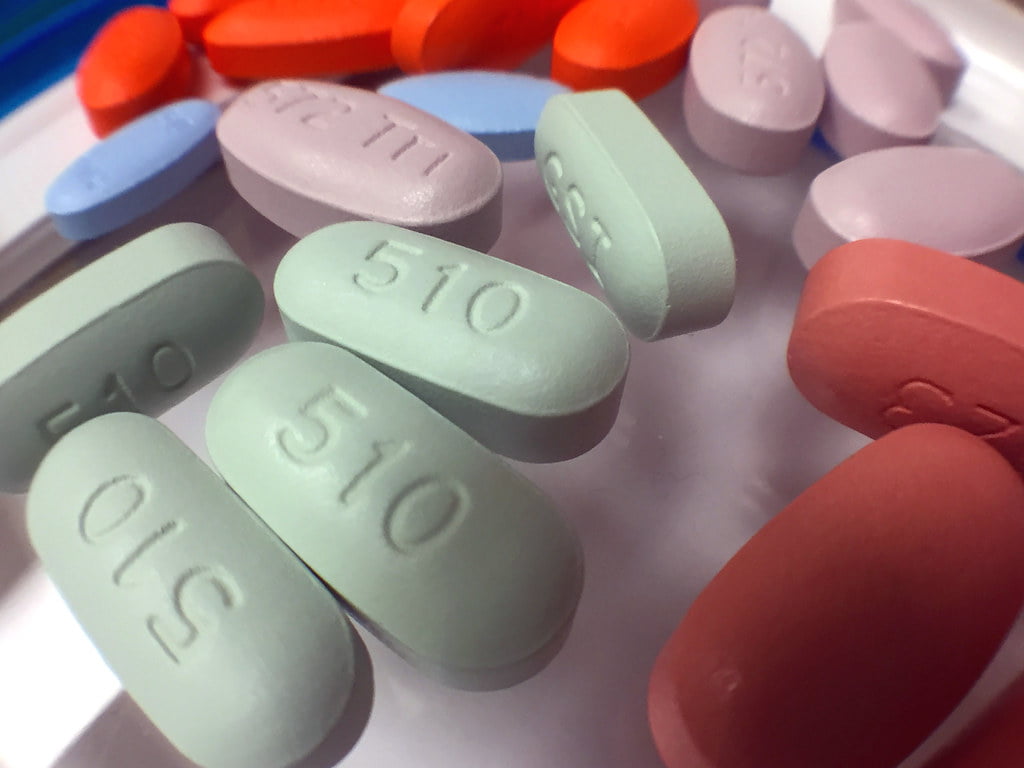Australia Post incorrectly collected tariffs from customers returning items to the US after retail parcel services to the country resumed last week, the government-owned postal service has admitted.
Australia Post said it had identified an error with a third-party provider where “a number of customers” were incorrectly charged a tariff for postal returns of US-manufactured items, which should not be subject to import duties.
“The error was quickly fixed, and we are reaching out to impacted customers,” a spokesperson said in a statement.
Parcel services were halted in August when the US suspended the “de minimis” exemption, which allowed parcels worth less than US$800 to enter the country duty-free. Business services resumed on 22 September, followed by retail on 7 October.
US Customs and Border Protection (CBP) has advised Australia Post that Donald Trump’s new tariff regime also applies to online returns to the US, with the tariff calculated according to the goods’ country of origin.
That means a postal return for an item originally ordered from the US, but made in China, could be subject to tariffs imposed on Chinese goods if declared correctly. CBP was not immediately available for comment.
Sign up: AU Breaking News email
Guardian Australia shared images with Australia Post of a post office terminal showing an item with the US as its country of origin incurring an import duty of $57.17 on an item worth $357.30 – a rate of about 16%.
This was in addition to postage and a small handling fee divided between Australia Post and a third party which pays the tariff to US customs.
It is understood Australia Post was not aware of the error until then.
Under Donald Trump’s so-called “liberation day” duties, which came into effect in April, Australian goods imported into the US should attract a baseline 10% tariff. The tariffs do not apply to gifts worth less than $US100, or about $A150.
In July, Trump signed an executive order to end the “de minimis” exemption on 29 August. Australia Post suspended several postal services to the US and Puerto Rico, as did other international carriers.
At the time, the federal communications minister, Annika Wells, who oversees the postal service, distanced the government from what she described as an “operational decision”, urging Australia Post to seek a workaround.
A spokesperson for Australia Post said it had “worked at pace” to find a solution that complied with new rules.
On the day it suspended postage, the mail carrier informed its business customers it had partnered with the American company Zonos – one of only two companies then rubber-stamped to facilitate the payment of tariffs, although more have been approved since.
Guardian Australia understands the recent error for retail customers resulted from an incorrectly applied code by another third-party company based overseas.
Wells was contacted for comment.






